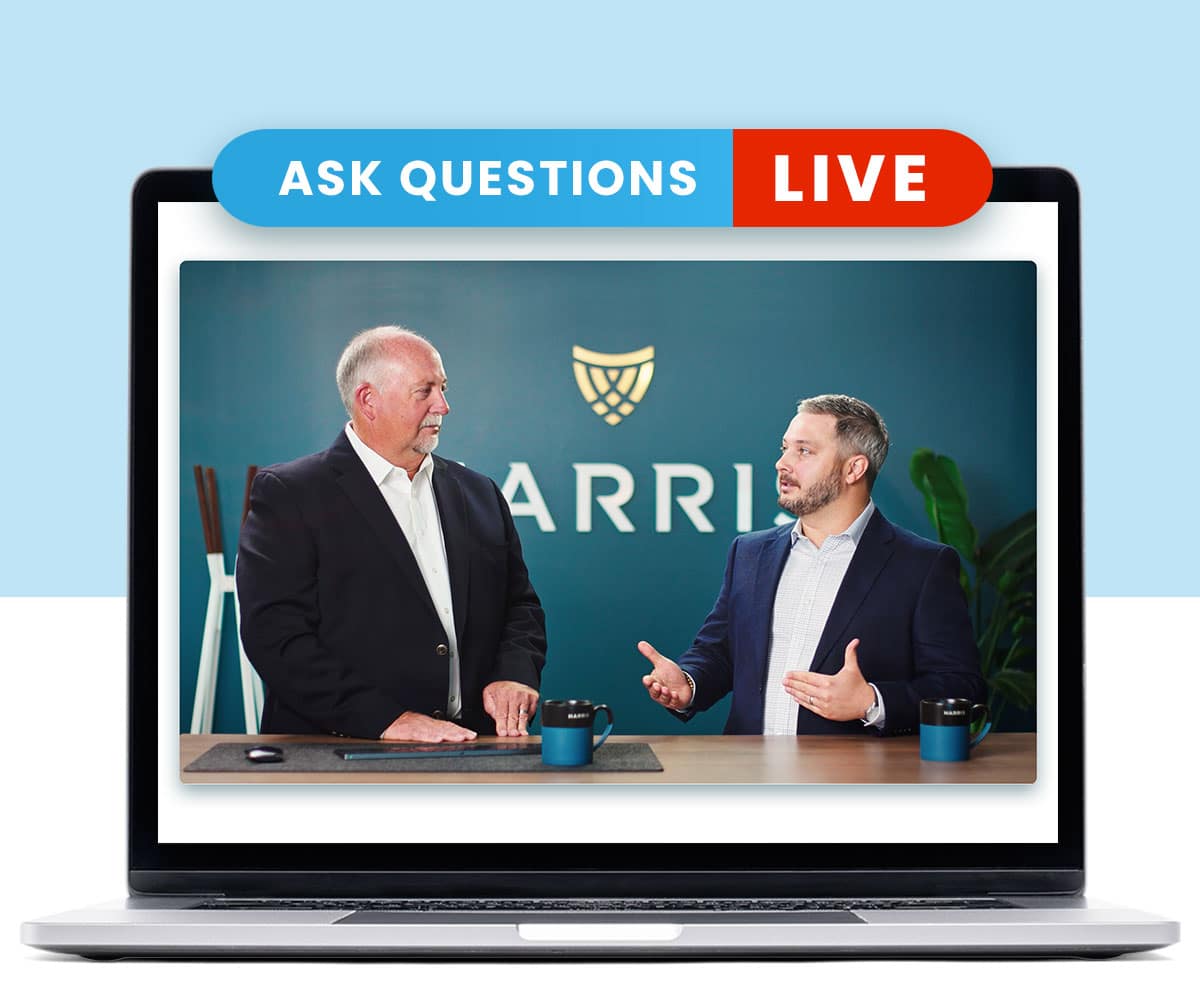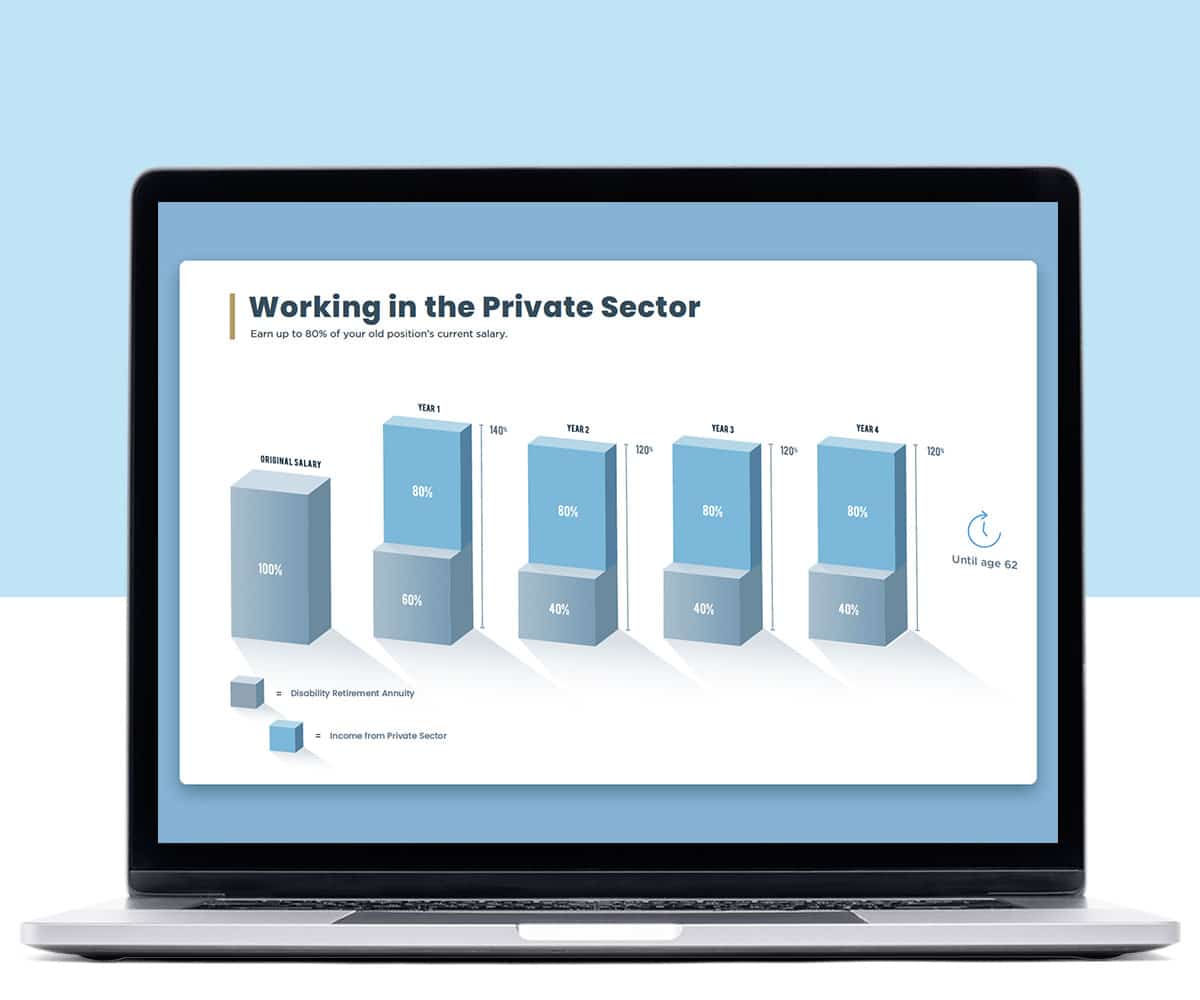If you have been injured and you’re left with lingering pain, it can eventually affect your mental health. Friends, family, and coworkers can start treating you differently if you suffer from chronic pain and it’s affecting your daily life. Your condition can then be exacerbated by your mental health condition and the cycle starts all over. In fact, most often, chronic pain causes another disorder– one we are often quite reluctant to speak of; depression.
While you don’t have to see a psychologist, therapist, or psychiatrist to be diagnosed with depression, it is recommended, and it can help with a disability case. The use of low-dose antidepressants in the treatment of pain management is often the first treatment for chronic pain and falls within the guidelines of the American Board of Pain Medicine for the treatment of chronic pain.
Pain is recognized by the Joint Commission on Accreditation of Healthcare Organizations (JCAHO) as the “Fifth vital sign.” According to the JCAHO publication, Pain Assessment and Management: An Organizational Approach:
The goal of an initial pain assessment is to characterize an individual’s pain by location, intensity, and etiology. A pain assessment should include a detailed history, physical examination, psychosocial assessment, and diagnostic evaluation. But the single most reliable indicator of the existence and intensity of pain is the individual’s self report. In fact, the individual’s report should be the primary source of information, since it is more accurate than the observations of others… the Joint Commission standard asserts that individuals served “have the right to appropriate assessment and management of pain… although pain can be a common experience, unrelieved pain has adverse physiological and psychological effects.”
While the American Medical Association’s Guidelines reference a psychiatric impairment for depression, it is within the realm of pain medicine to treat depression that develops from four months or more of chronic pain, and the diagnosing and treatment of depression is included in pain medicine board certification.
Depression is a diagnosis that can be, and should be, made by any experienced practitioner. However, we often find that psychiatrists may not be trained to treat depression that develops due to chronic pain and will treat only endogenous biochemical depression or depression stemming from life stressors.
Untreated or under-treated depression causes impairment just as the physical condition can cause an active impairment and should be addressed as part of a thorough medical evaluation.
We assist federal employees to receive Office of Personnel Management (OPM) Medical Disability Retirement on the basis of diagnosed chronic depression or its relatives: anxiety or stress disorder.
Remember, the diagnosis of depression can actually assist in the successful treatment of pain because your pain won’t be effectively treated without addressing the depression. So keep in mind, a depression diagnosis is usually required to grant the patient access to needed treatment.
At Harris Federal Law Firm, we are sensitive to the fact that some injured people are averse to being diagnosed “depressed”, but we want them to have every medical condition they develop treated effectively so they can live as happy and healthy a life as possible. Don’t be hesitant in calling us to discuss these matters. We are here to help you.



